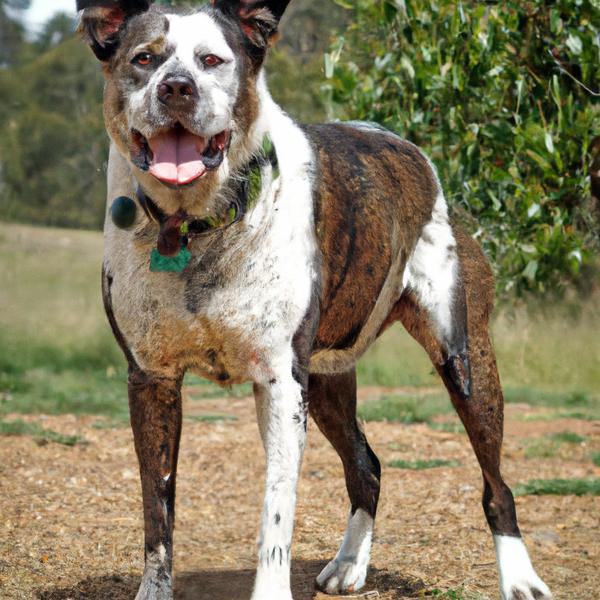
Australian Boxherd Breed Information & Characteristics
Hypoallergenic
Are Australian Boxherds Hypoallergenic?
Unfortunately, the Australian Boxherd is not hypoallergenic, making it not a good choice for a dog lover who suffers from pet allergies.
Temperament
What is an Australian Boxherd personality? What are Australian Boxherd dogs best known for?
Active
Playful
Loving
Energetic
Protective
Intelligent
Confident
Friendly
Affectionate
Loyal
Fearless
Good-natured
Brave
Bright
Shedding Level
Are Australian Boxherds heavy shedders? How Much Does an Australian Boxherd Shed?
Australian Boxherd dogs are not heavy shedders, but they will lose a significant amount of hair each year. To decrease the amount of shedding, you can regularly brush your Australian Boxherd. This will remove loose hair and keep his coat growing in the same direction.
Watchdog Ability
What is the watchdog ability of an Australian Boxherd dog?
The Australian Boxherd breed is one of the worst choice if you want a good watchdog.
Ancestry
What are Australian Boxherds descended from?
Boxer, Australian Shepherd
Breed recognition
What organizations or kennel clubs recognize/register the Australian Boxherd breed?
DRA = Dog Registry of America, Inc.
Date of Birth
When were Australian Boxherds first bred? How old is the Australian Boxherd breed?
Unknown
Litter Size
How many puppies can an Australian Boxherd have in a litter? How many puppies can an Australian Boxherd have in her first litter?
An Australian Boxherd can have a litter of 6-9 puppies on average. However, it's worth noting that the size of the litters can vary greatly. Factors that can influence litter size include the health of the mother, breeding history, and genetics.
Adaptability
Australian Boxherds are known for their adaptability and versatility, they are capable of adapting well to a wide range of lifestyle changes and living environments. They are a highly adaptable breed, and make great companions for families and individuals of all lifestyles.
Health Issues
Do Australian Boxherds have a lot of health problems?
The Australian Boxherd is generally considered to be healthy. However, like all breeds, they are susceptible to certain health issues and it is important to keep an eye out for them and address them with your veterinarian as needed.
Major Concerns
What are the major health concerns to be aware of when owning an Australian Boxherd?
Cardiomyopathy
Hip Dysplasia
Subvalvular Aortic Stenosis
Collie Eye Anomaly
Minor Concerns
What are the less significant issues to keep in mind when it comes to Australian Boxherds?
Cataracts
Epilepsy
Bloat
Nasal Solar Dermatitis
Pelger - Huet Syndrome
Iris Coloboma
Hypothyroidism
Occasional Tests
What are the occasional tests recommended for Australian Boxherd breed?
Eye
Blood
Blood Test
Heart
Skeletal
Skin Scraping
X-Rays
Energy
Do Australian Boxherds have a lot of energy?
Australian Boxherds are known for their high energy levels, so if you're looking for a more low-key dog, this breed may not be the best choice.
Social Needs
Do Australian Boxherds need socialization? How social are Australian Boxherds?
Australian Boxherd have very high social needs. These needs include regular mental and physical stimulation, a job or purpose, and companionship. They thrive in environments where they have a lot of interaction with humans and other dogs.
Exercise Needed
How much exercise should Australian Boxherds get?
The Australian Boxherds a breed that requires only a small amount of physical activity to maintain a healthy lifestyle. These breeds are ideal for people with busy lifestyles, elderly people or those who have limited mobility. They also make great pets for those who live in small apartments or have limited outdoor space.
Sleeping Need
How much sleep should an Australian Boxherd have? Do Australian Boxherds sleep a lot?
Australian Boxherds are active dogs that don't require as much sleep as other breeds. However, they still need enough sleep to stay healthy.
Tendency to Bark
How much does it bark?
Australian Boxherds are known to bark very little or not at all. They tend to be very quiet and do not bark excessively. They may only bark in specific situations, such as when they need to alert their owner to something important or when they are in distress.
Mouthiness
Are Australian Boxherds mouthy?
Roaming urge
What is the likelihood of an Australian Boxherd running away? Do they have a tendency to explore or wander frequently?
Prey Drive
Do Australian Boxherd dogs have a high prey drive?
Past times
What do Australian Boxherds enjoy doing? How do I keep my Australian Boxherd busy?
Tug-of-war, Walk, Run, Hide & Seek, Frisbee, Trick, Cuddles, Nap, Swim, Running, Play, Play keep away, Fetch, Training, Walks, Toys
Tolerance of being left alone
Grooming
What level of grooming should be provided for an Australian Boxherd?
The Australian Boxherd is a breed of dog that is known for its low grooming needs.
Intelligence
How intelligent is an Australian Boxherd?
Australian Boxherds has average obedience intelligence. But, they're also independent thinkers. The Australian Boxherd is a breed with an exceptionally high IQ and may get into mischief if left to their own devices.
Sensitivity Level
How sensitive is an Australian Boxherd dog?
This dog breed is particularly attuned to its environment and the emotions of those around it. It can be easily overwhelmed by loud noises, new environments, and unfamiliar people or animals. This dog is best suited for individuals or families who are patient, gentle, and understanding of its sensitive nature. It may also benefit from a calm and stable home environment, with a consistent routine and plenty of positive reinforcement training.
Affection Dependance
Are Australian Boxherd dogs affectionate?
Apartment Friendly
Do Australian Boxherd do well in apartments? Are Australian Boxherds good indoor dogs?
The Australian Boxherd is an apartment-friendly dog breed. They can do perfectly well in apartments providing they are sufficiently exercised and taken out and about as part of their owner's daily lifestyle.
Child Friendly
Are Australian Boxherds good with kids? Are Australian Boxherds good around children?
A Australian Boxherds typical characteristics indicate that this breed of dog is an ideal companion for kids and makes them family pets. Their gentle and protective nature and calm mentality make them gel along quickly with the younger humans
Senior-friendly
Are Australian Boxherds good for elderly?
Cat Friendly
Are Australian Boxherds good with cats? How friendly Australian Boxherds are toward cats?
Australian Boxherds are an average cat friendly dog. They do well with cats, even more if raised together from puppyhood,
Dog Friendly
Do Australian Boxherd dogs get along with other dogs? Are Australian Boxherds OK with other dogs?
Australian Boxherds are average friendly towards other dogs. If they are raised with other dogs, they are likely to get along with them. And, if they are socialized properly from a young age, they will usually be great with other dogs.
Pet friendly
How do Australian Boxherd dogs interact with other pets? Are they considered pet-friendly?
Stranger Friendly
Are Australian Boxherds friendly with strangers?
Australian Boxherds are average friendly around strangers. They can be wary around strangers and a little standoffish. Early socialisation is key.
Playfulness
Do Australian Boxherds like to play? Are Australian Boxherds playful?
Australian Boxherds are known to be highly playful dog. So if you're not up for all that, think about adopting a slightly older Australian Boxherd for a mellower experience.
Trainability
Are Australian Boxherd easily trained?
Australian Boxherd dogs are known for their ease of training and ability to learn quickly, making them a popular choice for pet owners and trainers alike.
Compare Australian Boxherd with other breeds
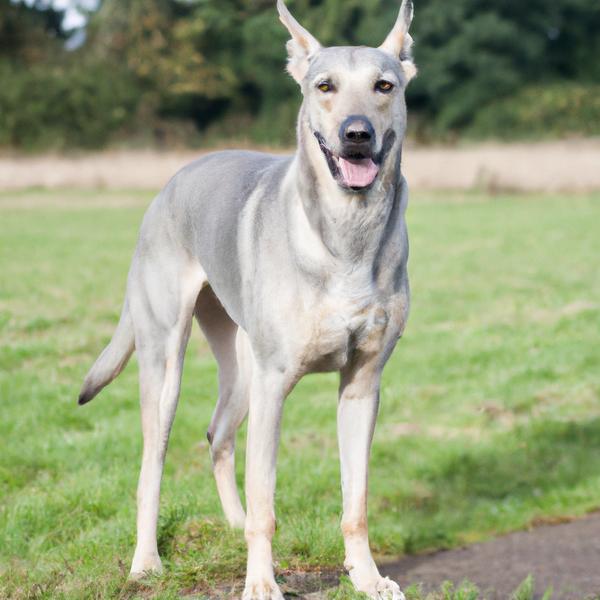
Weimshepherd
Australian Boxherd vs Weimshepherd
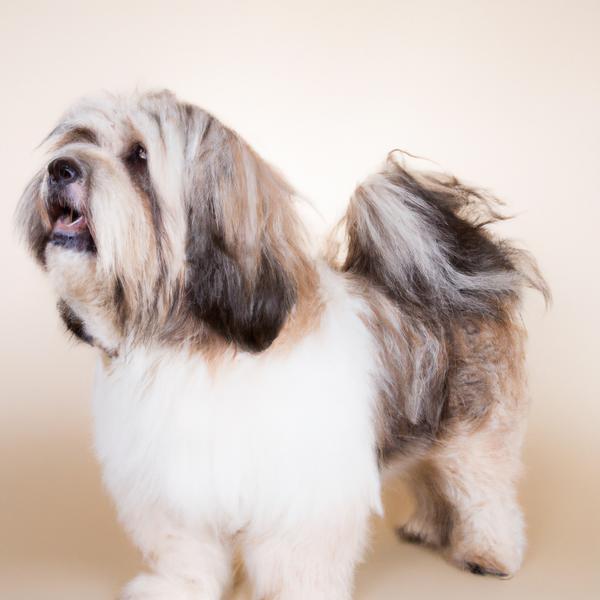
Lhasa-Coton
Australian Boxherd vs Lhasa-Coton
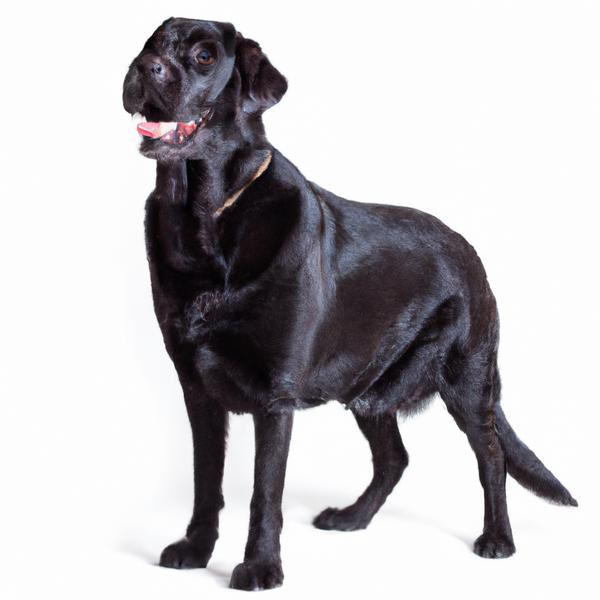
Labradinger
Australian Boxherd vs Labradinger
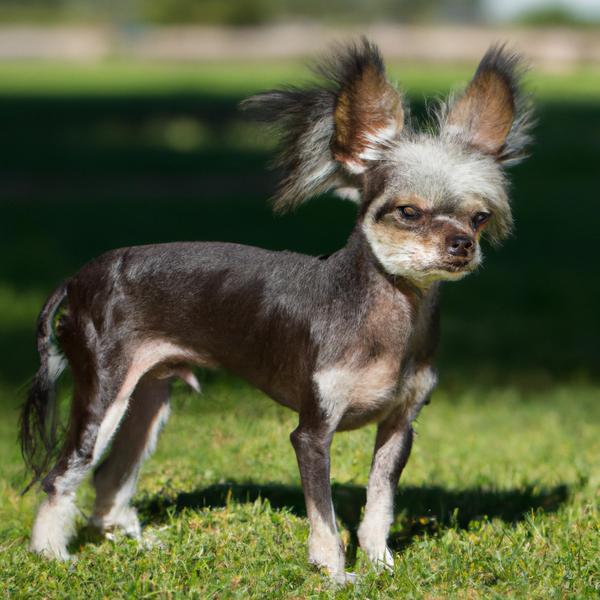
Chin Crested
Australian Boxherd vs Chin Crested
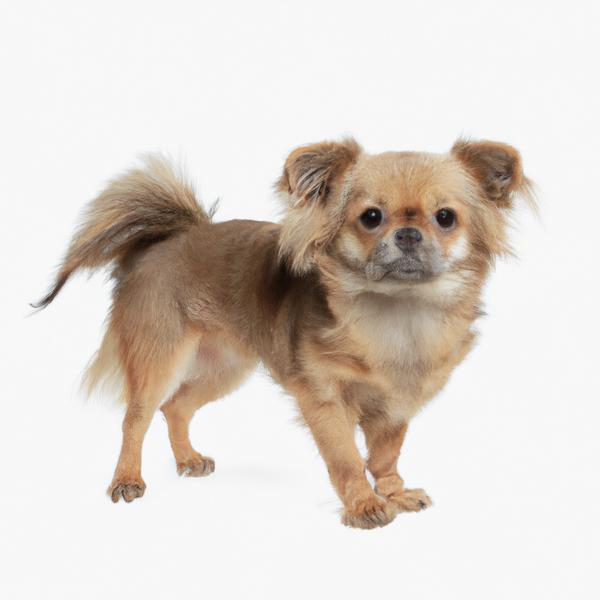
Silkyhuahua
Australian Boxherd vs Silkyhuahua

Malchi
Australian Boxherd vs Malchi
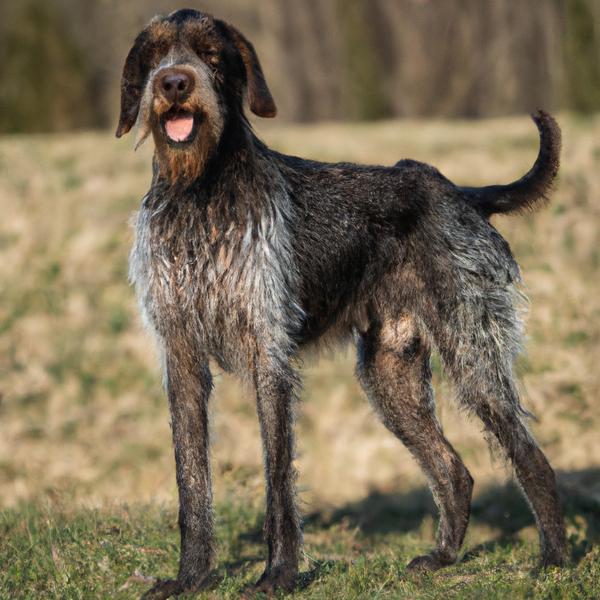
German Wirehaired Pointing Wolfhound
Australian Boxherd vs German Wirehaired Pointing Wolfhound
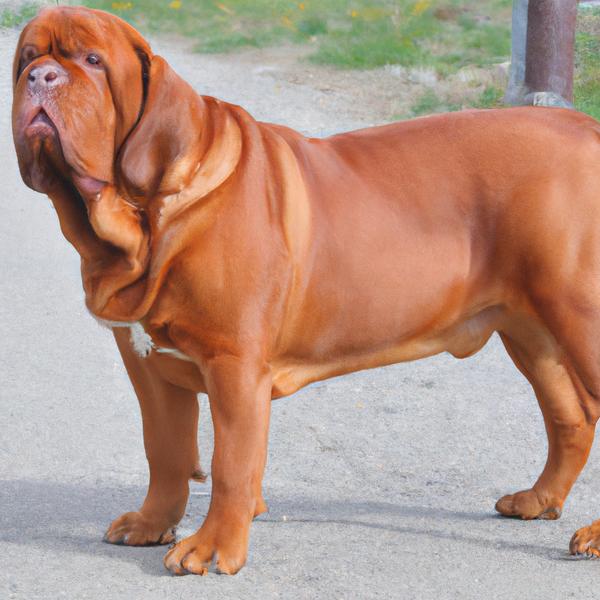
Basset Bordeaux
Australian Boxherd vs Basset Bordeaux
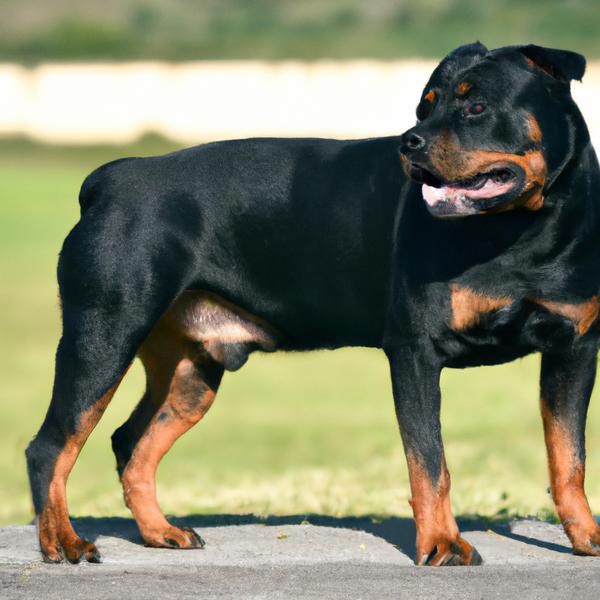
English Bullweiler
Australian Boxherd vs English Bullweiler
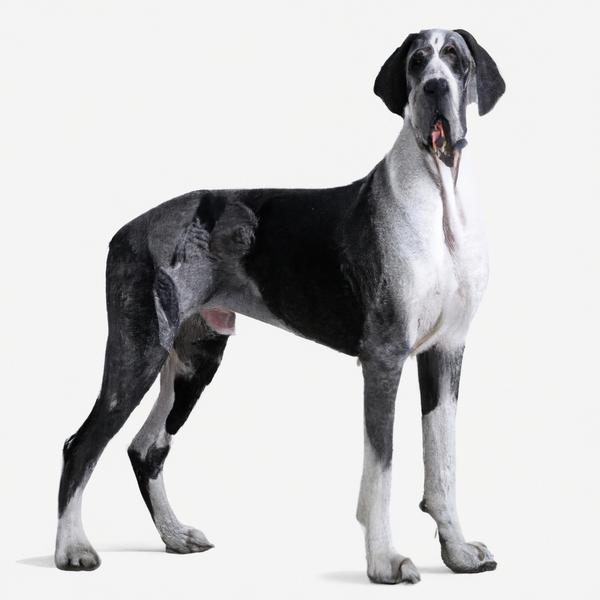
Saint Dane
Australian Boxherd vs Saint Dane
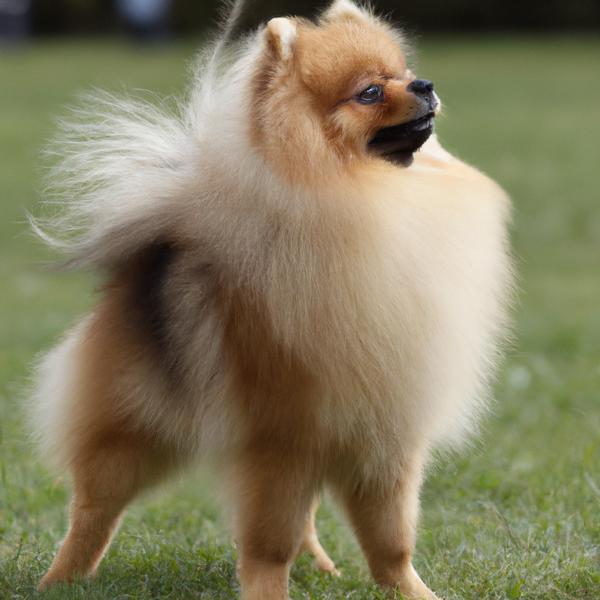
Pom-A-Nauze
Australian Boxherd vs Pom-A-Nauze
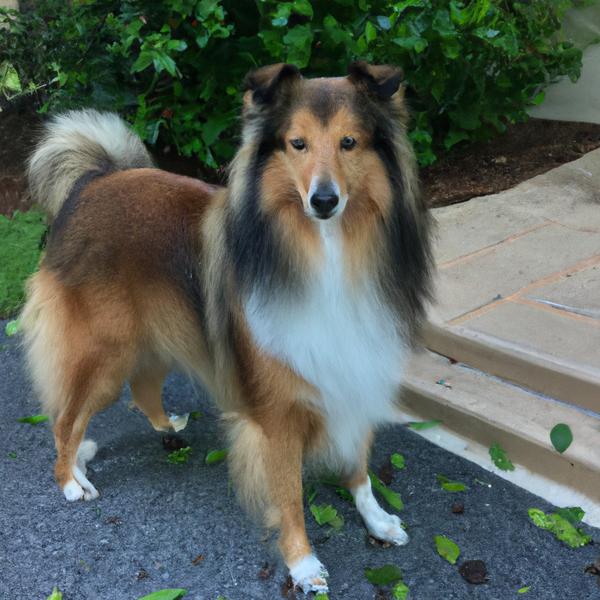
Sheltie Inu
Australian Boxherd vs Sheltie Inu